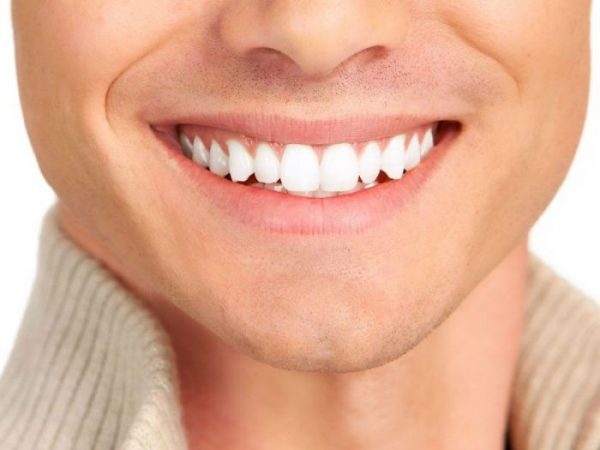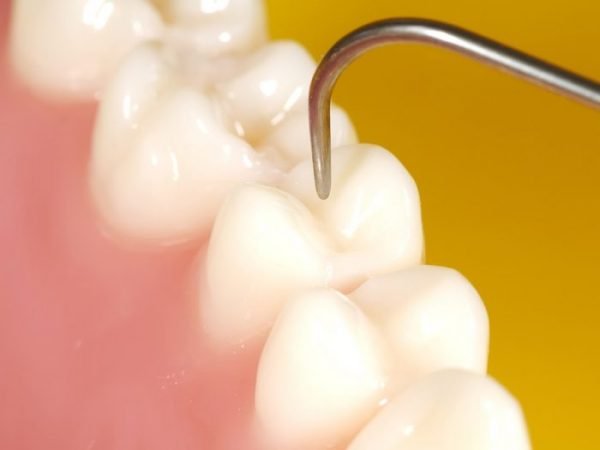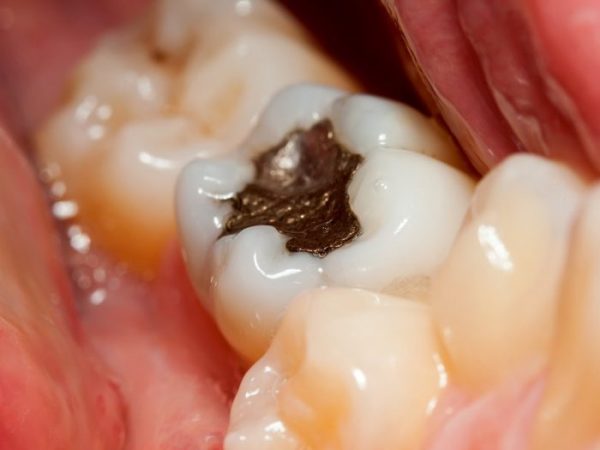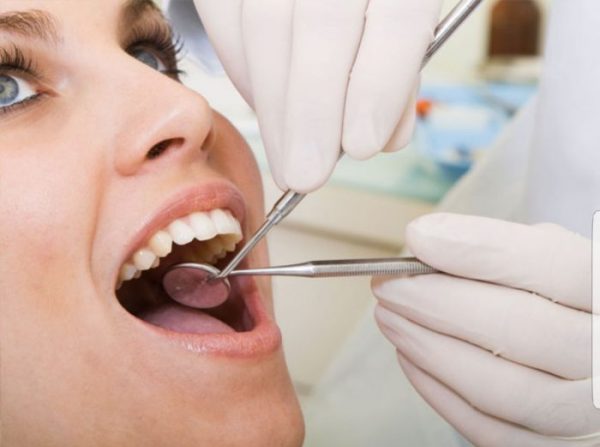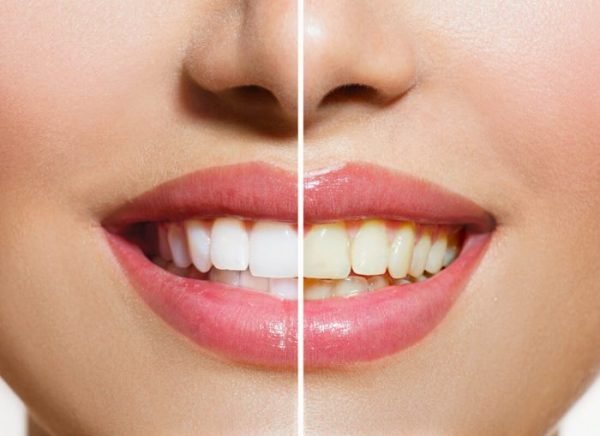ABOUT DENTAL CROWN
A crown can be used to save a damaged tooth by completely encircling it. In order to attach a crown, the tooth is reduced to a stump which the crown can be cemented onto. Many clinics specialize in natural looking, tooth-colored materials, and patients can choose from a range of materials to suit their budget.
A common option for crowns and bridges is porcelain fused to metal (PFM). These are affordable, and have some of the strength associated with a metal prosthetic, as well as the natural look of porcelain crowns. There is just a small metal rim which is difficult to notice, particularly on back teeth.
For front teeth, patients may wish to pay a little more for full porcelain or zirconia options which are tooth-colored throughout.
Recommended for
- Large cavity
- Teeth needing root canal treatment
- Broken or damaged teeth
TIME REQUIREMENTS
- Average length of stay abroad: 1 weeks.
The time required depends on how long is needed to create the crown or crowns in the laboratory. Clinics with an in-house lab are usually quicker.
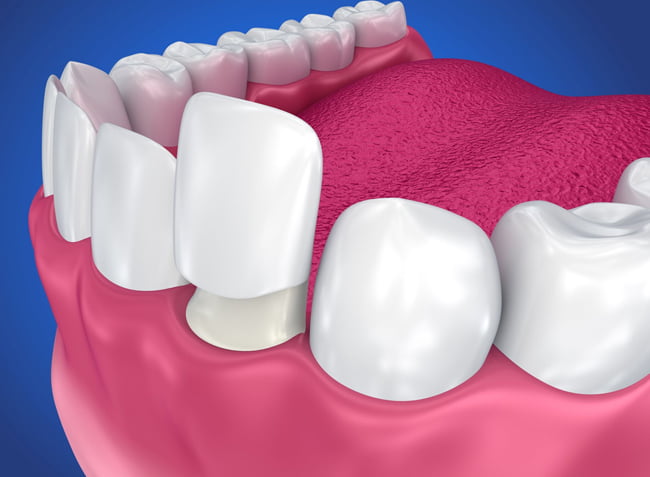
COMPARE DENTAL CROWN PRICES AROUND THE WORLD
| Country | Cost |
|---|---|
| United Kingdom | 778€ |
| Ireland | 500€ |
| Spain | 300€ |
| Croatia | 199€ |
| Thailand | 179€ |
| Mexico | 161€ |
| Poland | 130€ |
| Hungary | 125€ |
| Turkey | 90€ |
HOW TO FIND QUALITY TREATMENT ABROAD
BEFORE DENTAL CROWN ABROAD
Sometimes the tooth may require root canal treatment first. This means tissue in the roots of the tooth is removed, and a filling or post and core is applied.
HOW IS IT PERFORMED
The dentist will reduce the size of the tooth, so that the crown can be fitted on top. Then they will take a mould of the mouth so that the crown can be custom made in the laboratory. This will take a few days, and at your next appointment the crown will be cemented into place.
Materials
Crowns are available in a range of materials. The standard crown type is porcelain fused to metal or PFM. These are mostly tooth-colored, but offer the added strength of a metal base. As the metal can sometimes be visible, some people prefer full porcelain or zirconia crowns, especially for front teeth. Some clinics offer gold crowns which are very sturdy and long-lasting, however, in terms of esthetics and costs, many patients choose alternatives as they cost a lot more based on gold used per gram.
Anesthesia
Local anesthetic (usually).
Procedure duration
Preparing the tooth, taking a mould and fitting a temporary crown usually takes around one hour. At your next appointment, the crown will be fitted. As the tooth needs to be cleaned and dried, cement applied and left to dry, the process can take around one hour.
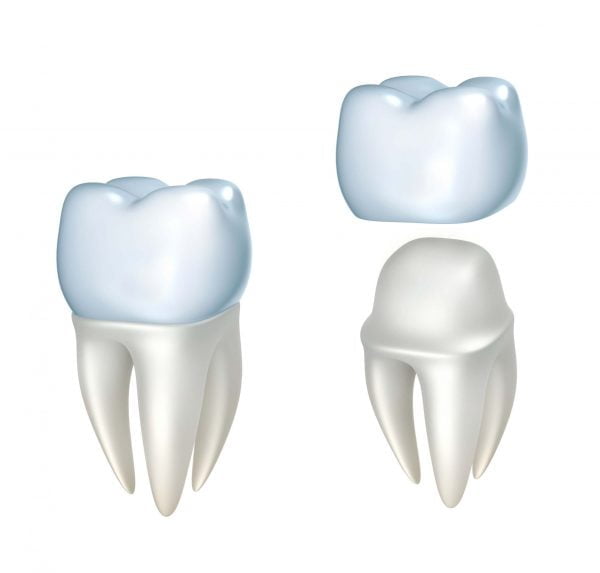
WHAT TO EXPECT AFTER DENTAL CROWN
Post procedure care
Patients should avoid eating on the crown straight away. Certain things, such as hard or chewy sweets, should be avoided long-term, as the crown could come loose.
Possible discomfort
Most patients do not suffer with a lot of discomfort following a crown, however, if as part of the procedure, the patient’s tooth is not treated with a root canal, the patient may experience some additional sensitivity for a period of time after the treatment.
IMPORTANT THINGS TO KNOW ABOUT DENTAL CROWN
Not recommended for
- Unsuitable root
- Unsuitable bone support
FREQUENTLY ASKED QUESTIONS
Most patients can fly the same day they receive a crown if they can manage any pain they are feeling. However, if you still need the crown to be made it may take several days to have the crown manufactured. You can return to work as soon as possible.
The lifespan of a crown depends on how well it is cared for. It is important to follow all of your dentist’s instructions. Your dentist can give you more information for your specific case, however many crowns last several years before they need to be replaced. They average 7- 5 years.
Crowns are made to look exactly like natural teeth. The permanent crown will be custom-made to match your other teeth. Temporary crowns may be more noticeable but these are replaced with natural looking permanent crowns.
Within a few days you should be used to the crown. If it is still uncomfortable after a week it may need to be adjusted.
Dental crowns are custom-made to match your other teeth and fit perfectly in your mouth. They can be somewhat expensive as they must be custom made in a laboratory.
Not always. Crowns are often done without root canals. Your dentist will tell you if you need one.

